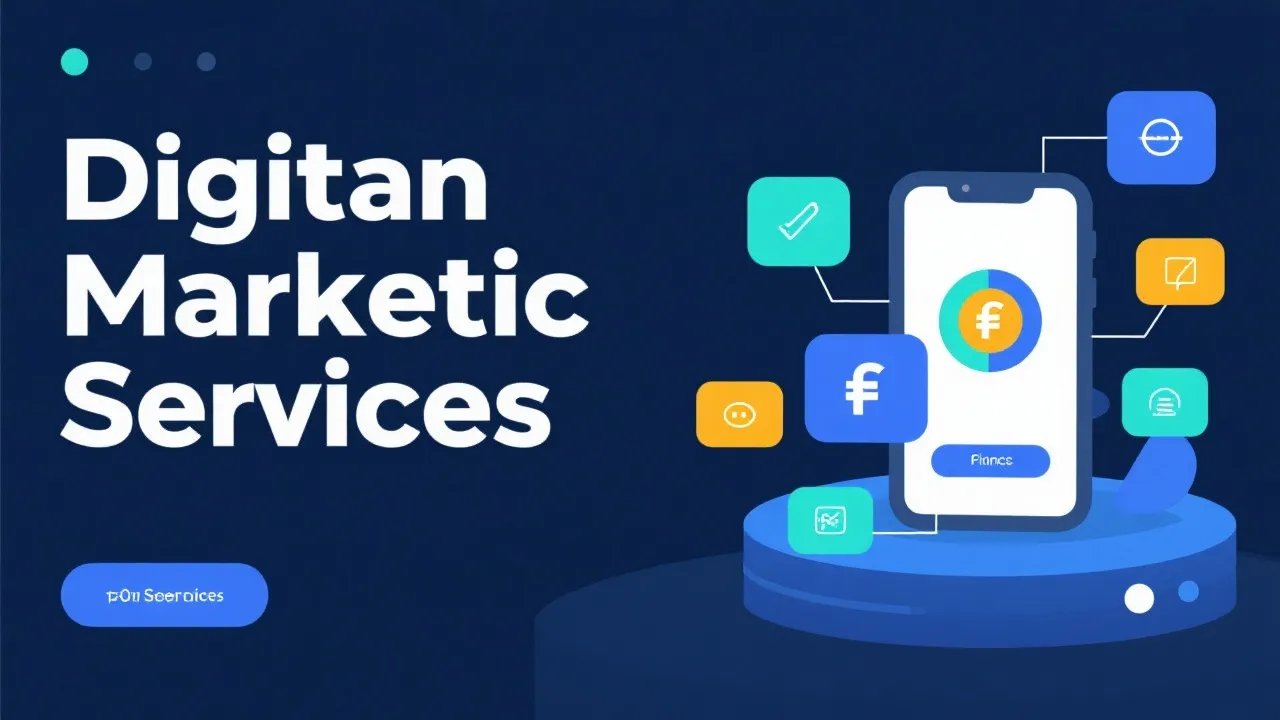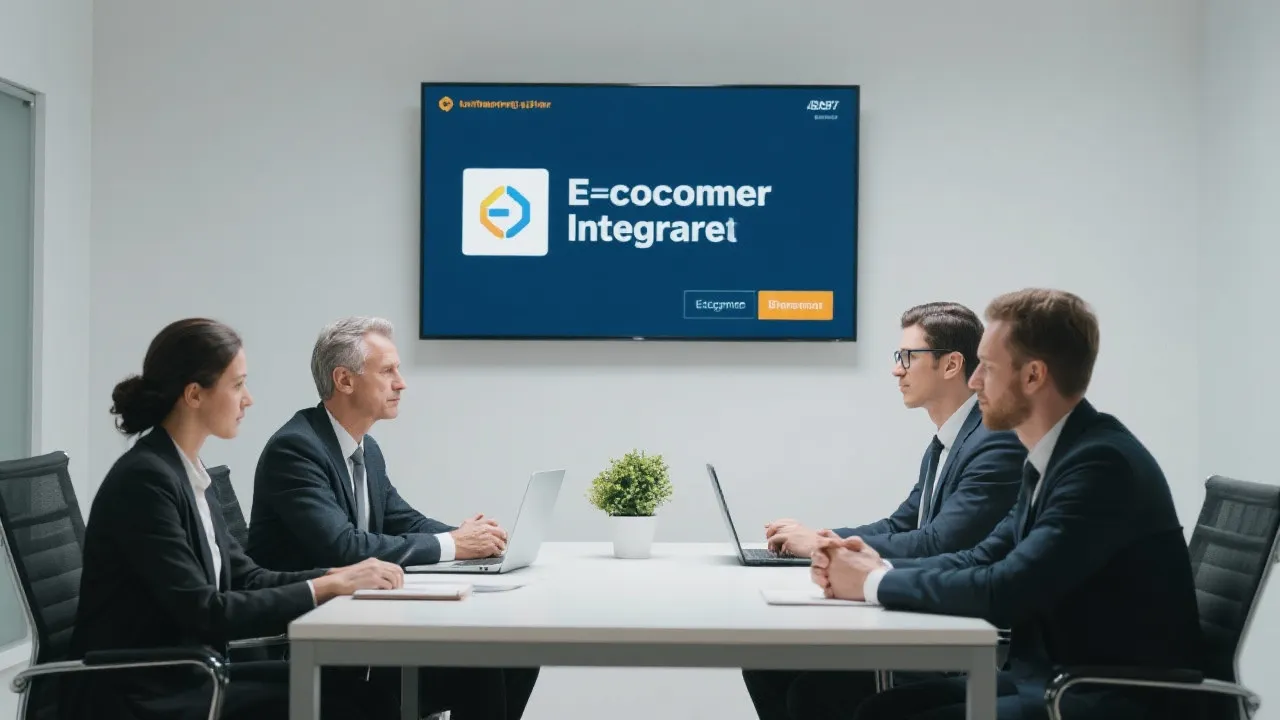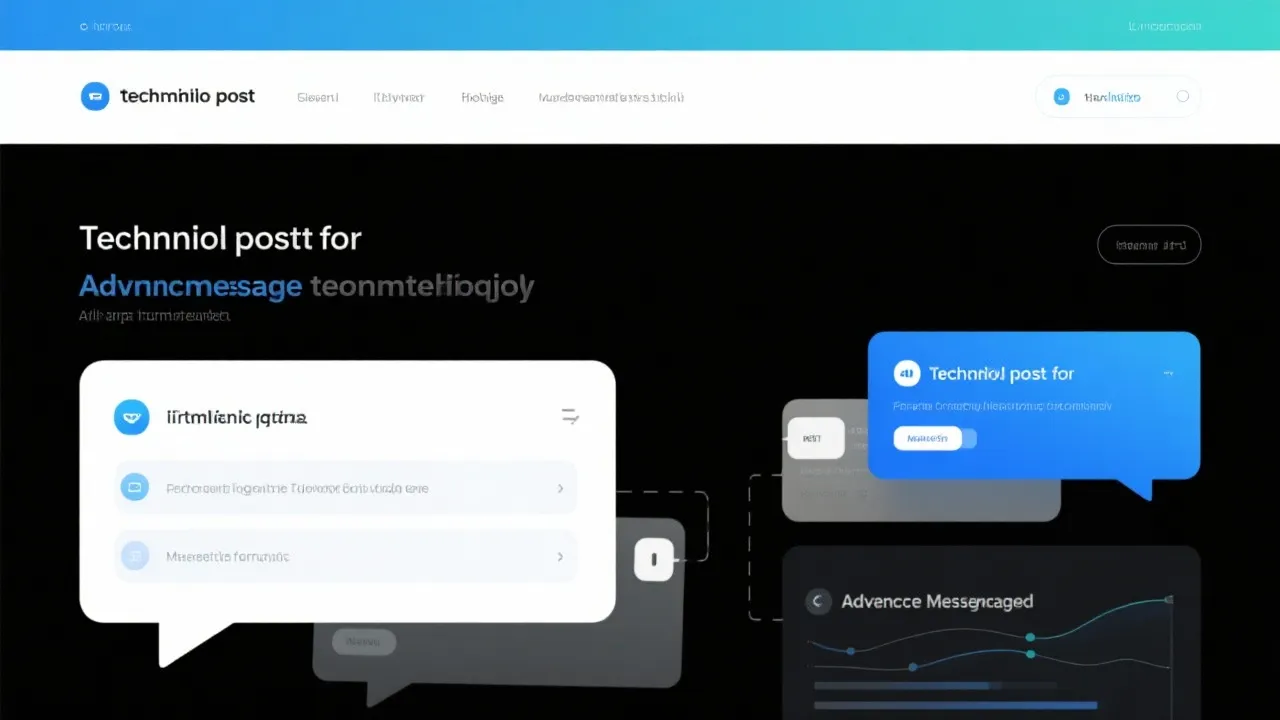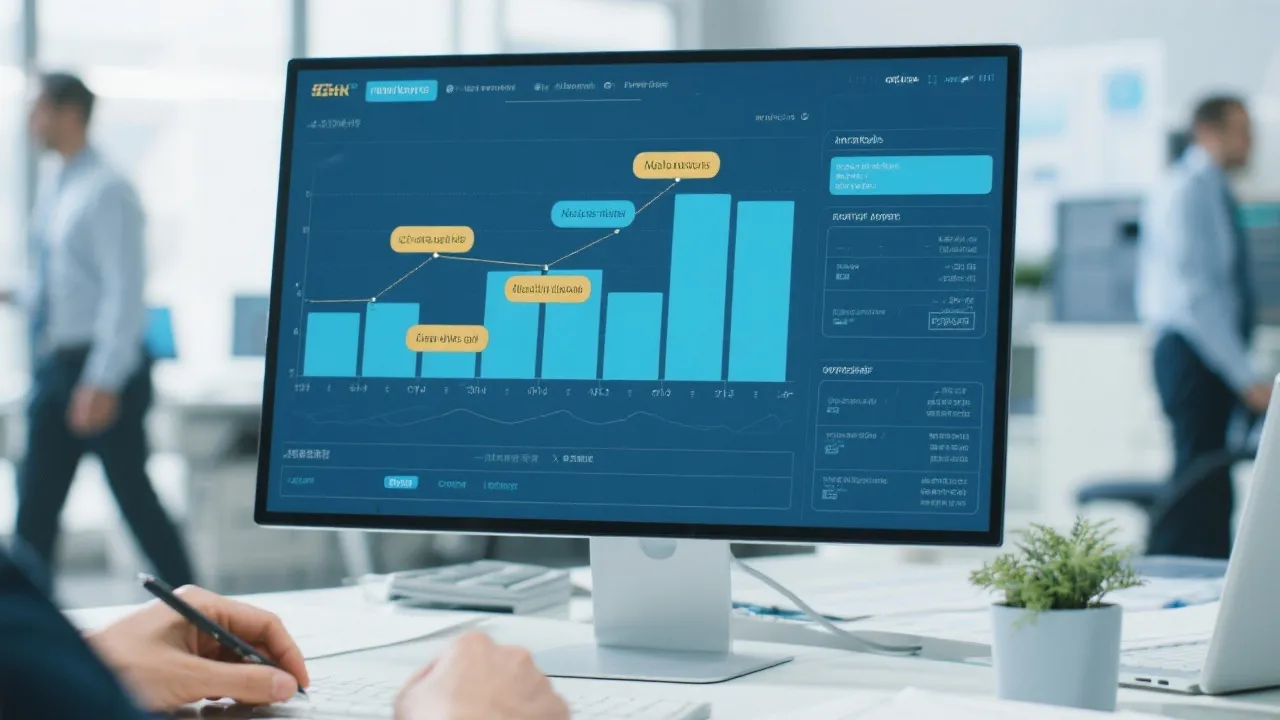This guide explores the foundational aspects of coding, shedding light on different coding languages and their applications. Coding, a pivotal skill in today's digital age, involves using programming languages to create software, applications, and websites. It is essential for anyone interested in technology and innovation, offering the ability to solve complex problems and create digital solutions.

Coding, the art of writing instructions for computers, is fundamental in our rapidly digitizing world. It enables the creation of software, applications, and websites that are integral to modern life. As industries increasingly rely on technology, mastering coding skills has become indispensable. The expanding digital landscape requires individuals not just to consume technology but to create and innovate through coding. Understanding coding is akin to learning a new language—one that allows for dialogue with machines, thereby unlocking potential across various sectors.
The term "5m0907357f Coding" encapsulates a niche yet crucial component of programming. While the significance of this specific code might relate to a unique identifier within a vast database, or signify a coding challenge, it underscores the diversity and granularity of tasks coders handle routinely. Understanding such elements is vital for appreciating the nuances of coding as more than mere code string manipulation. This specific identifier can be representative of systems that rely on unique identifiers for data retrieval, showcasing how crucial precision and accuracy are in programming tasks. It also emphasizes the environment within which modern software developers operate, dealing with multiple frameworks and languages that necessitate meticulous attention to detail.
Coding has evolved tremendously, transitioning from simple binary code to complex programming languages. In the early days, programming was primarily conducted using assembly languages and machine code, which were difficult to read and write. The evolution toward high-level programming languages has greatly simplified the process. Today, we have languages like Python, renowned for its versatility and simplicity; JavaScript, pivotal in web development; and Java, a staple for building mobile applications.
Furthermore, the development of open-source programming languages has encouraged collaborative innovation across the coding community, making coding more accessible and encouraging rapid problem-solving. Languages such as Ruby, Kotlin, and Swift have emerged as popular choices among developers, each offering unique frameworks and capabilities, indicative of the diverse applications of coding in today’s technological landscape.
| Language | Application |
|---|---|
| Python | Data analysis, machine learning, web development, scripting, and automation. |
| JavaScript | Front-end and back-end web development, web applications, server-side development with Node.js. |
| Java | Mobile applications, especially Android apps, enterprise-level applications, web services. |
| C++ | Game development, systems programming, desktop applications, performance-intensive applications. |
| C# | Game development (particularly with Unity), desktop applications, web applications through ASP.NET. |
| Ruby | Web applications, particularly suitable for rapid development with Ruby on Rails. |
| Swift | Developing iOS and macOS applications, ensuring performance and safety. |
| Kotlin | Android development, web applications, and server-side development, praised for its modern features. |
| HTML/CSS | Structure and style web pages, providing the backbone for web development. |
The future of coding is intertwined with advancements in artificial intelligence (AI), machine learning, and other cutting-edge technologies. As automation becomes more prevalent, coding will evolve towards more abstract and high-level practices. Coders today need to adapt continuously, learning new languages and frameworks to remain relevant.
Furthermore, the integration of AI into coding is emphasizing the importance of understanding algorithms and data structures more than ever. Code completion tools, bug fixers, and even AI-driven assistants are changing the way developers interact with code, making it essential to learn how to leverage these tools effectively rather than merely focusing on traditional code writing. Additionally, low-code and no-code platforms are democratizing software development, allowing individuals with little to no programming experience to create applications, which could shift the role of traditional programmers toward a more collaborative and oversight-oriented position.
As we look towards the future, the demand for coders who can think critically and creatively will only increase, as every sector seeks to integrate more technology into their operations. Staying ahead means embracing lifelong learning and being open to new concepts, frameworks, and languages as the industry evolves.
Global educational systems are now emphasizing coding as a core subject, beginning at a young age. This trend reflects the industry’s demand for tech-savvy individuals who can navigate and create in a digital-first environment. Coding education is not limited to traditional programming languages but also includes interdisciplinary approaches, exposing students to fields like data science, robotics, and AI from their formative years.
By integrating coding into the curriculum, schools are equipping students with essential problem-solving skills and fostering creativity. Coding teaches students how to break down complex problems, think logically, and work collaboratively in teams. Many educational institutions have started incorporating coding into subjects such as mathematics and science, making it applicable across various disciplines.
Furthermore, coding boot camps and online learning platforms have gained popularity, providing accelerated learning opportunities. These platforms offer comprehensive courses in various programming languages and technologies, catering to individuals looking to upskill or even transition to a tech career entirely. Such initiatives play a critical role in building a workforce prepared for the technological demands of the future.
Collaboration plays a pivotal role in the world of coding. The development of software and applications often requires teams of developers to work together, combining their diverse skills and insights. This collaborative spirit is further enhanced by online communities and forums where programmers share knowledge, experiences, and resources. Projects on platforms such as GitHub facilitate collective contributions to open-source initiatives, allowing anyone to participate in coding projects and improve their skills while helping others.
Moreover, engaging in coding communities can provide aspiring developers with mentorship opportunities, allowing them to learn from experienced professionals. Hackathons and coding competitions encourage teamwork, creativity, and rapid problem-solving, regularly giving participants the chance to showcase their skills and potentially launch career opportunities.
Building strong peer networks within the tech industry can also provide individuals access to job openings, internships, and resources that may not be publicly available. Networking in coding communities can open doors to collaborations, partnerships, and career advancement, making it essential for coders to remain active in the tech community, both locally and globally.
Learning to code, while rewarding, is not without its challenges. Many beginners face obstacles such as feeling overwhelmed by complex concepts and struggling with debugging issues. Imposter syndrome can also affect new coders, leading them to doubt their skills and abilities, especially when comparing themselves to more experienced programmers.
One of the most common challenges is learning to think algorithmically. Many new coders find it difficult to break problems down into smaller, solvable parts. Overcoming this requires practice and a good understanding of the fundamentals of programming logic. Resources such as coding challenges and puzzles can be instrumental in developing critical thinking skills essential for coding.
Additionally, the vast array of programming languages and frameworks can create confusion about where to start. It’s essential for beginners to focus on one language at a time, building a solid foundation before branching out to others. Ultimately, consistent practice and a supportive network play significant roles in overcoming these challenges.
For those embarking on their coding journey, certain best practices can enhance the learning experience. First and foremost is to cultivate patience and perseverance. Learning to code can be a gradual process, and it’s perfectly normal to encounter obstacles along the way. Developing a growth mindset—where challenges are viewed as opportunities for learning—can make a significant difference in one's journey.
Additionally, actively engaging with projects can facilitate a better understanding of concepts. Whether through building personal projects, contributing to open-source initiatives, or collaborating with peers, hands-on experience is invaluable in solidifying programming knowledge. Furthermore, keeping up-to-date with the latest trends in technology and programming can provide fresh perspectives and innovative ideas to incorporate into projects.
Documentation is another critical aspect of coding. Learning how to read and write documentation can greatly help in understanding libraries and frameworks, ensuring effective use of resources. Furthermore, utilizing version control systems such as Git can improve collaboration and maintain organized projects.
Coding is crucial in developing problem-solving skills, fostering innovation, and opening up numerous career opportunities in technology-driven fields. Additionally, it empowers individuals to create and contribute to technology rather than merely consuming it, instilling confidence in navigating an increasingly digital world.
Beginners should start with accessible programming languages like Python, using resources such as online courses, coding boot camps, and interactive learning platforms. Engaging in local coding meetups or forums can also facilitate connections with experienced programmers for guidance and support.
All technology-centric sectors benefit significantly, including IT, finance, healthcare, and education, where digital solutions drive innovation and efficiency. Additionally, fields such as marketing and media are now heavily influenced by technology, creating demand for individuals skilled in coding.
Absolutely! Many successful programmers are self-taught or have acquired their skills through boot camps and online courses. Passion and dedication to learning are often more crucial than formal education in programming.
The time required to learn coding varies based on many factors, including the individual’s background, the complexity of the programming language, and the amount of time dedicated to practice. On average, one might start feeling comfortable with basic coding concepts within a few months, while mastering it can take several years.
As an industry expert, it's evident that coding is not just a skill but a gateway to creativity and innovation. Whether pursuing professional growth or personal projects, mastering coding languages opens endless possibilities in shaping the future. Embark on your coding journey with curiosity and resilience, and you will undoubtedly thrive in our digital future.
Moreover, it’s essential to recognize that the coding journey is a pathway filled with continuous learning and adaptation. As technologies evolve and new coding practices emerge, staying abreast of these changes will remain crucial. Embrace each challenge as a stepping stone to greater understanding and capability, knowing that the journey itself can be as rewarding as the destination.
With dedication, a supportive community, and a commitment to lifelong learning, anyone can become proficient in coding. The possibilities are limitless for those willing to invest in this valuable skill, making the journey not just about coding but about transformation—both personally and professionally.
Navigating Online Bank Accounts

Understanding AC 380 Systems

Discovering the Tiguan's Versatility

Integrating Usaepay with WooCommerce

Understanding BA 270 Concepts

Understanding AMQ 6209 in Detail

Understanding Hydac RF Filtration Systems

Understanding the BA 270 Course

Navigating the Realm of Business Communication
